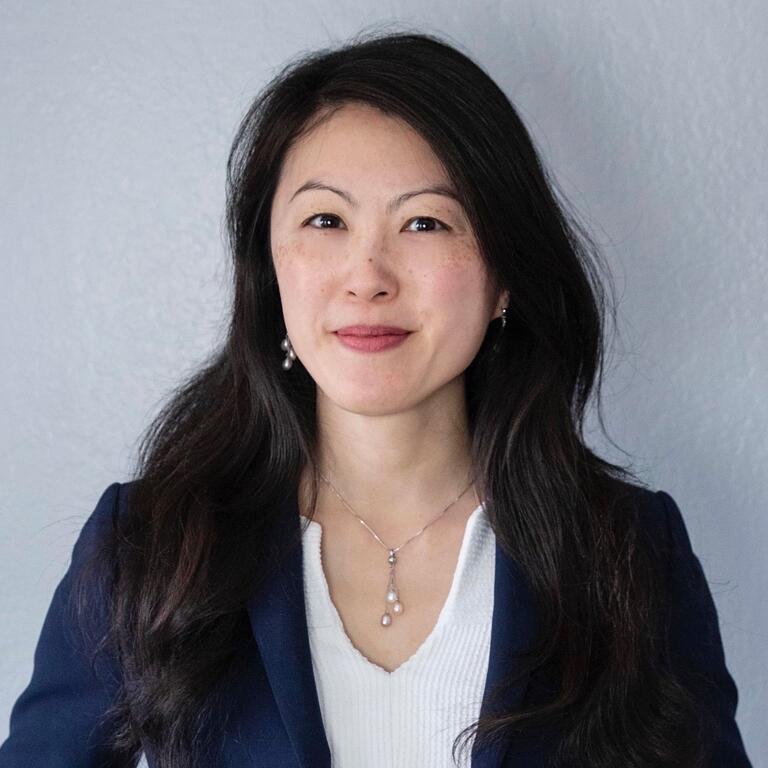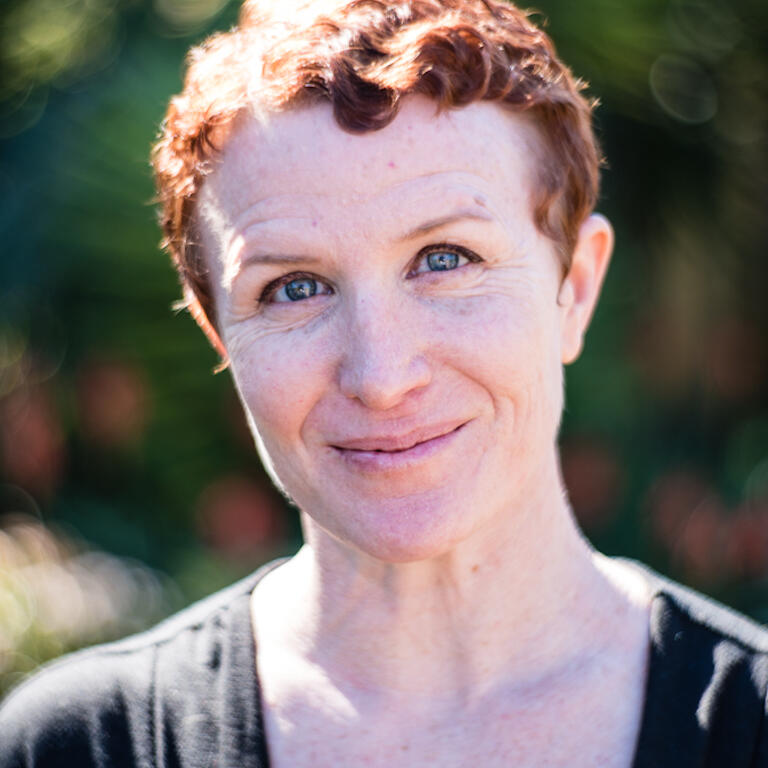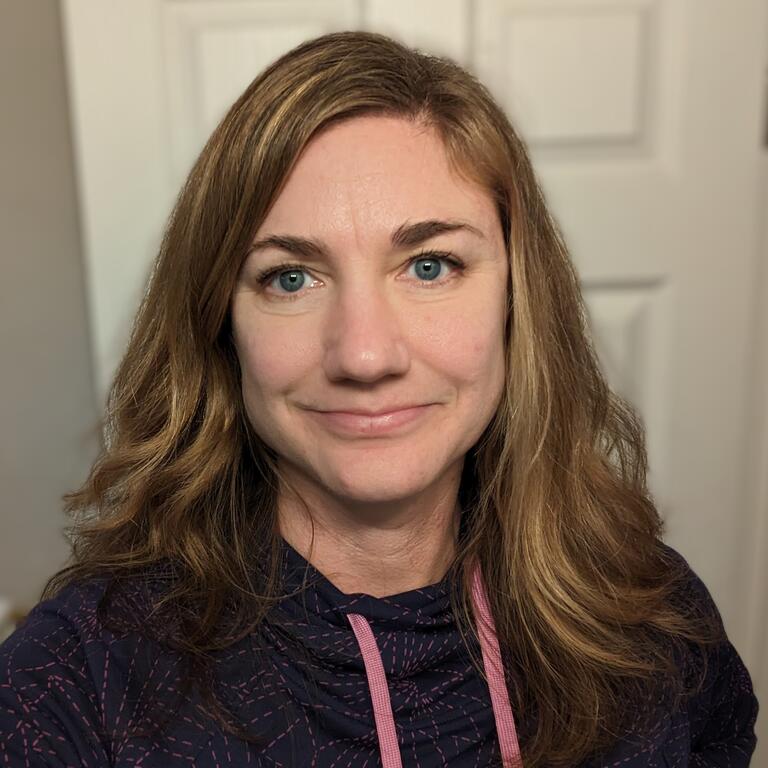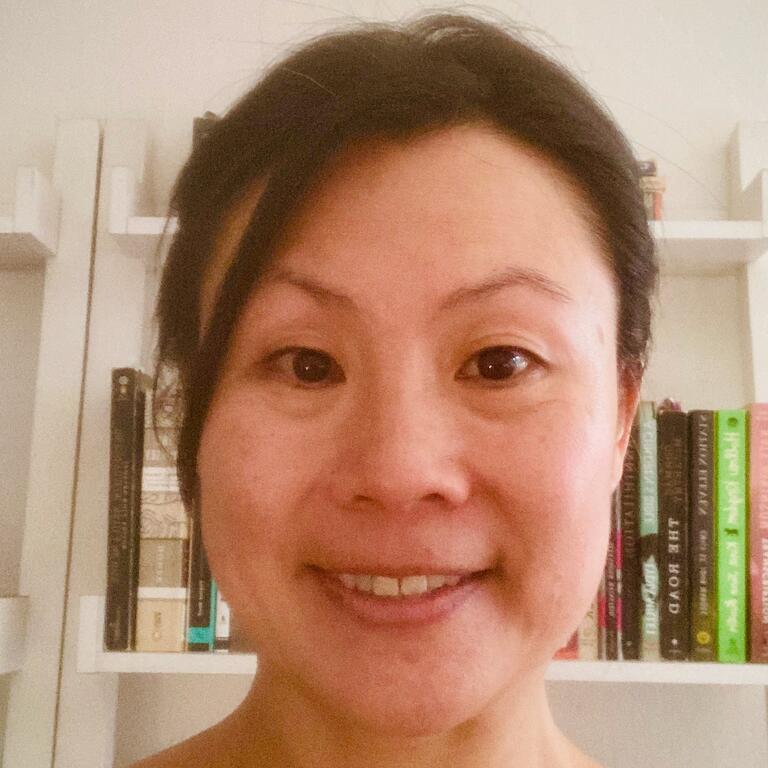We are pleased to announce the 2022-2023 Lecturer Teaching Fellows. These fellowships are designed for Lecturers interested in enhancing their teaching by developing teaching and learning tools, templates, and resources for both their individual courses and for the larger teaching and learning community at UC Berkeley. Learn more about the Lecturer Teaching Fellows (LTF) program and past awardees.
Effective Assessment of Student-led Group Project on Consumption and Sustainability
For my ISF 100I Consumer Society and Culture, I developed an assignment called “Waste Diary and Report,” which aims to raise awareness of the difference between purchase, consumption, and possession through investigation of the waste generated from our everyday life. Students log in their daily garbage of various sorts, including but not limited to food scraps, packaging, household items, etc. and how they are sorted into compost, trash, and recycling for seven consecutive days. The associated report requires students to reflect on concepts such as “down/up recycle,” “degrowth,” and “sustainable/green growth.” The individual project was well received so I hope to explore its pedagogical potential further by developing a student-led group project to generate a longitudinal study about consumption and waste among college students, create a database for future students and interested parties across campus, and connect students to campus and community resources in the associated research field.
Small Teaching for Transfer
Many of us work hard to scaffold our assignments so that students build skills and knowledge from one assignment or module to the next. Moreover, the main aim of education is to provide students with a foundation for subsequent classes and the world beyond school. In pedagogy, we call these connections “transfer.” However, many students struggle to connect ideas from one class to another or to other areas outside of class; they sometimes have trouble from one assignment to the next. Further, as instructors, we can’t just show students the connections. The students have to make them for themselves. That is how they build the necessary neuronal networks. Thus, my goal for LTF this year was to come up with activities that explicitly encourage transfer that I could use not only in my classes but that would be adaptable by other faculty in their classes, too. To start, I used James Lang’s Small Teaching, focusing on his activities that emphasized transfer, as well as coming up with a few of my own.
Explore my project here!
Best practices for excursions: Using experiential learning to engage students in immersive, learning experiences
This project will collate best-practice approaches for experiential learning centered outside the traditional classroom and lecture hall. The goal is to develop full sets of materials for planning, preparing, and executing successful immersive excursions ranging from announcement templates to pre-meeting checklists, sample itineraries, and examples of formative feedback. While the excursion plans will be specific to the classes I teach at ESPM, the principles and guidelines developed as part of this project will be translatable to other disciplines and departments.
Group Accountability in Collaborative Projects
Even though numerous pedagogical experts hail the virtues of collaboration as a way of fostering community literacy and process writing, students often view any form of group work - especially on large projects - with apprehension. They worry about becoming that one person who does all the work or being stuck with people who refuse to work towards the greater good of the group project. My overarching purpose is to turn group work into authentic collaborative projects, particularly in courses with large class sizes. In doing so, I can achieve two related goals: first, I can help bring the dynamics of a small classroom to the large lecture hall; second, I can help make people more accountable to their groups. I hope to create resources that make equitable collaboration easier for both instructors and students alike.
Explore my project here!
Faculty Video Training
In the post-Covid educational landscape, our students are in more need than ever for increased connection and community in the classroom. Additionally, many students missed developing crucial skills of taking ownership of their learning during remote schooling. Meanwhile, faculty, many of whom also struggled with remote teaching, are likely to return to their “tried and true” ways of teaching, missing the opportunity to more fully engage students and deepen the learning experience. While there are resources available to aid Faculty in “flipping the classroom” and providing sample active learning exercises, there is a need to support Faculty in accessing the materials and building the pedagogical structure for long-term success. The most impactful way to engage with active learning methods is through a practice of experience with support. We propose to develop a video training to support Faculty and student leaders in gaining a deeper understanding of active learning.





